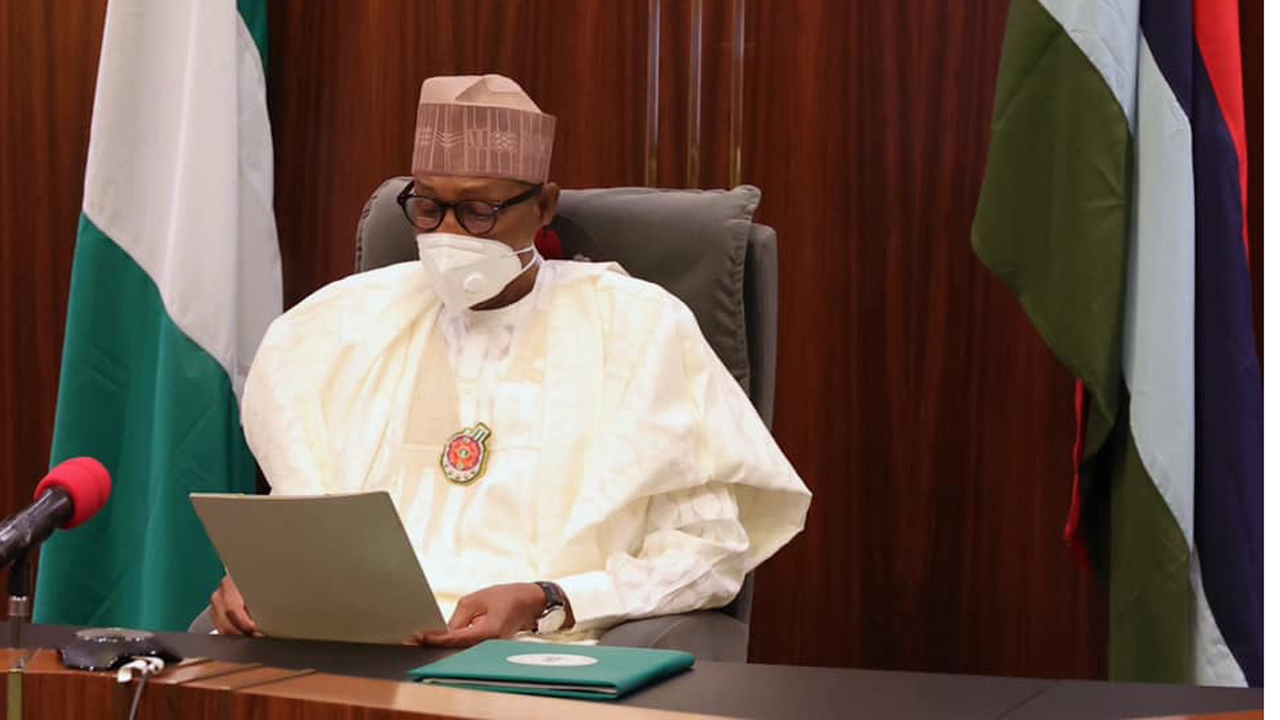
They made the call at the third edition of the Africa Policy Conversations (AFPC) in Abuja.
AFPC is a dynamic group of young intellectual professionals from varying fields with the goal to revolutionise policies that will serve not only Nigerian citizens, but also Africans within the continent and in diaspora.
This year’s event with the theme ‘Inclusive Governance: A panacea for nation building’, consisted of four panel sessions, which served as a platform for constructive engagement between panelists, government officials and citizens.
Speakers at the event include Country Director for Nigeria, World Bank,Shubham Chanduri; member, Imo State House of Assembly, Philip Ejiogu; Co-Founder, ElectHer, Abosede George-Ogan; Executive Director, Yiaga Africa, Samson Itodo; a Special Assistant to the President, Somkele Awa-Kalu and Managing Partner, Viisaus Technology Limited, Jiro Ejobe.
Stakeholders at the event, during the first panel session, delved into the all-important question of what is the actual need of the average Nigerian citizen.
In his own contribution, Chief Executive Officer,Vista Resources Integrated Consulting, Dayo Alao, was of the view that there is no such thing as an average Nigerian need, but rather social need and the need to belong and to be part of the society.
Fellow panellists viewed it from two aspects, which includes food and shelter. The panel wrapped up by highlighting that the pursuit of national development and good governance is a collective responsibility that requires the commitment and sacrifice of the citizenry, the private sector, civil societies and the government.
It added that the fundamental requirement for the realisation of such goals is visionary leadership.
In her opening remark, Managing Partner, The Firma Advisory and Co-Convener, Africa Policy Conversations, Chinenye Uwanaka, stated that everybody has a role to play to salvage and build the country of their dreams.
In his final thoughts during the second panel session, Philip Ejiogu said that stakeholder engagement events like this should be taken to the grassroots to effect real impact.
He noted that people at the grassroots are the primary target audience for such engagements, as they are the ones who really need to understand the issues.
Speaking on the barriers for women who aspire to political positions, Abosede George-Ogan, stated that the barriers are rooted in the way that we have been socialised as a people.
She went on to say that our society is largely patriarchal and as such, men strongly believe that political power is their birthright.
“On the other side, women too have been conditioned to believe that politics is not something they should be a part of,” she said.
In his on view, Samson Itodo, pointed out that the issue around women is a social issue that has a lot of research and attention yet there has been no change.
He further explained that people do not vote during elections because a candidate is male or female, people vote based on ethnicity and religion. He added that gender is a social cleavage and not a political one, saying that until gender is converted to a political cleavage, there is no way political competition can orientate around gender.
Proffering solutions, Itodo stated that the only way to achieve public good is to get the people in office to build consensus around the fundamental issues that we want to see addressed.
“To successfully achieve this, we must first form a critical mass (we are not galvanising enough and not organising well) and generational and geographical solidarity (we need to have a national conversation,” he said.
Discussing transforming the power of the youth to become an asset to the nation, Somkele Awa-Kalu, kicked off discussions during the final panel by stating that youths, do not have to wait to be given an opportunity to be a part of government, sometimes need to kick the door down because there will always be obstacles.
Speaking on building accountability and trust, Senior Special Assistant to Delta State Governor on SME Development, Orode Uduaghan, said youths who are given the responsibility or opportunity to serve in government must most importantly want to do well.
“Our actions and the things we say are what build trust.”
The panel session ended with speakers encouraging the youth to take the first steps by getting involved and leveraging on their power to open up the economy.
Participants at the summit noted that government oftentimes have the right intention but lack the adequate knowledge, skills and framework required to successfully implement. They observed that the key difference between Africa and other successful continents like Asia is the understanding of key economic policies.
At the end of the session, the AFPC identified the need for every citizen to get actively involved in promoting social change.
The group also called for reconstruction of national identity as a nation regardless of ethnicity, social status, religion, gender or political affiliation.
They stated it’s crucial the country install a sense of belonging and a stakeholder mentality in every citizen so that they can contribute to the nation’s development.
AFPC called for investment in the next generation by ensuring access to education, technology, entrepreneurship and opportunities for the youths. This is in addition to investment in primary healthcare, education and water and sanitation to improve quality of life of citizens.
The group said there should be relevant private sector participation in terms of pursuing and implementing programmes
through corporate social responsibility that are beneficial to the people while seeking to make profits.
They also stressed the changing of the narrative and addressing issues of inequality and marginalisation to enhance unity, harmony, peaceful co-existence and progress in the nation.
AFPC intends to draft a policy paper based on their recommendations to be presented to members of the National Assembly.



